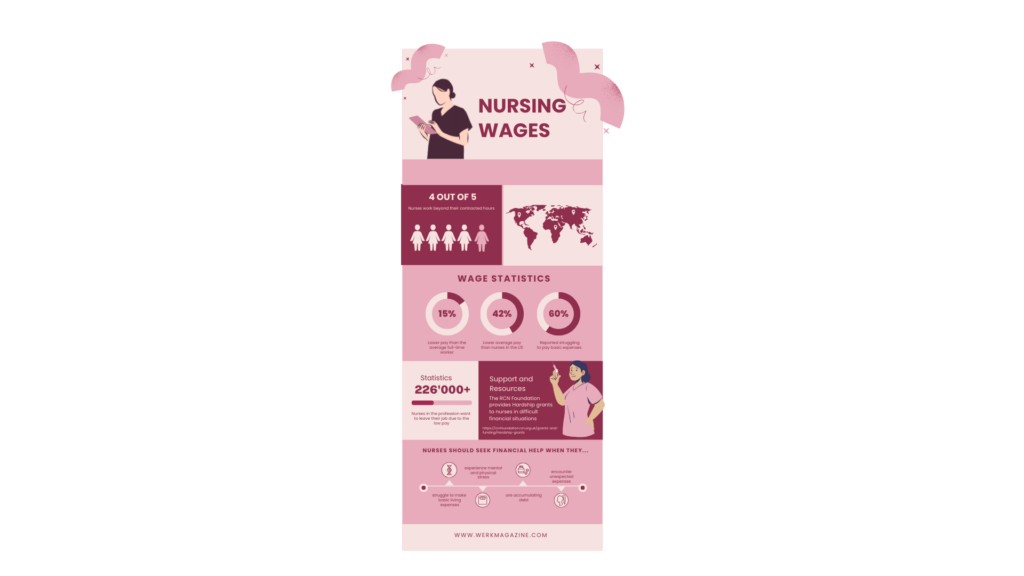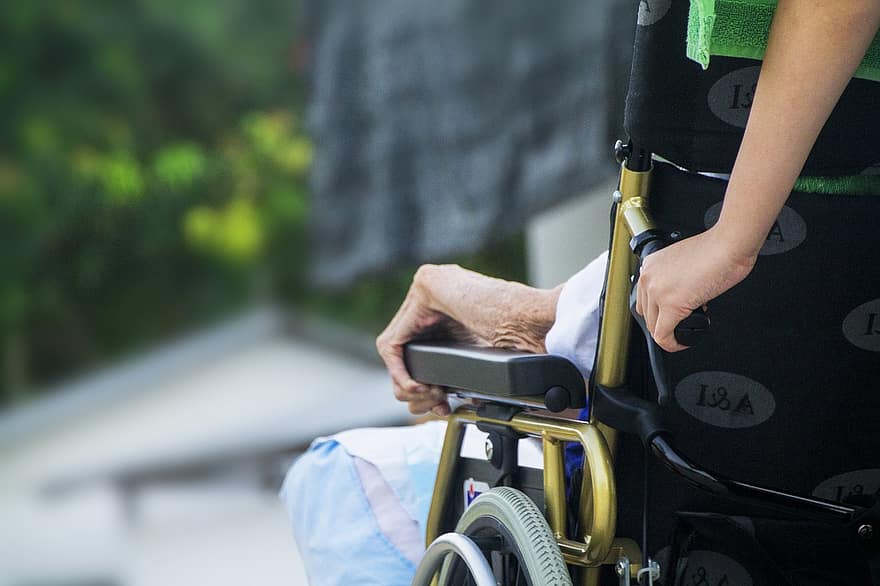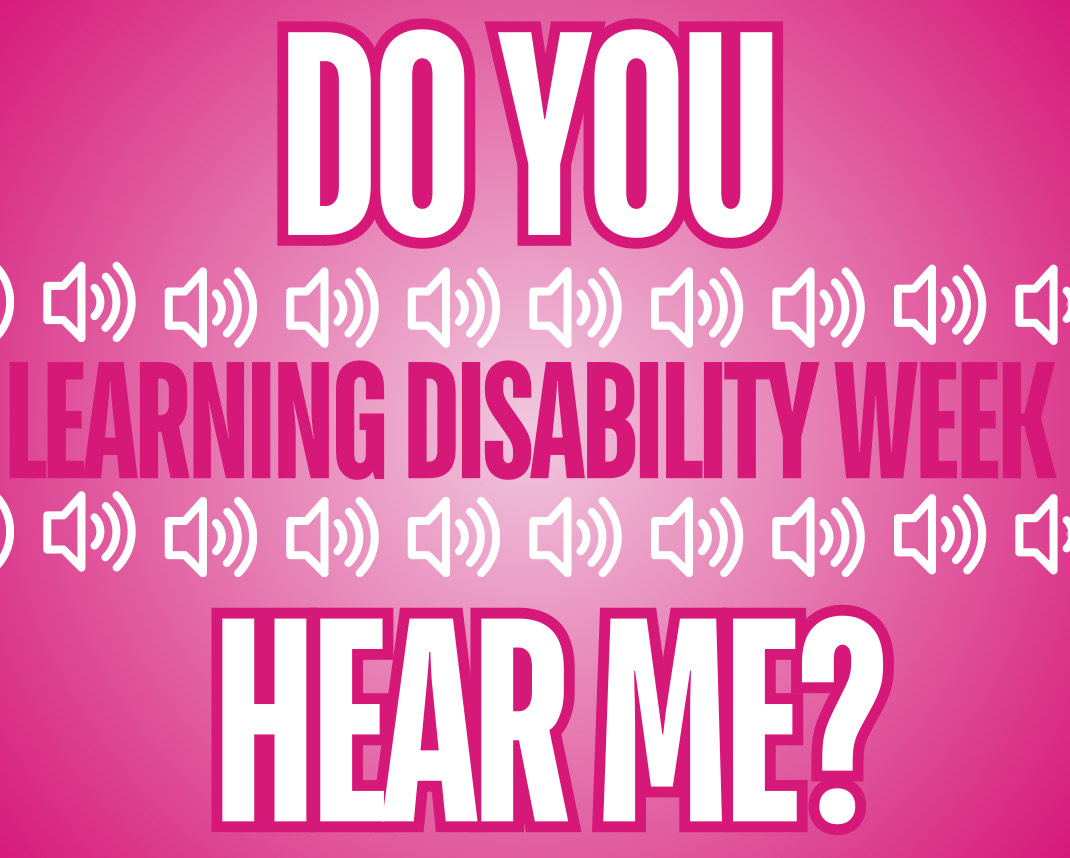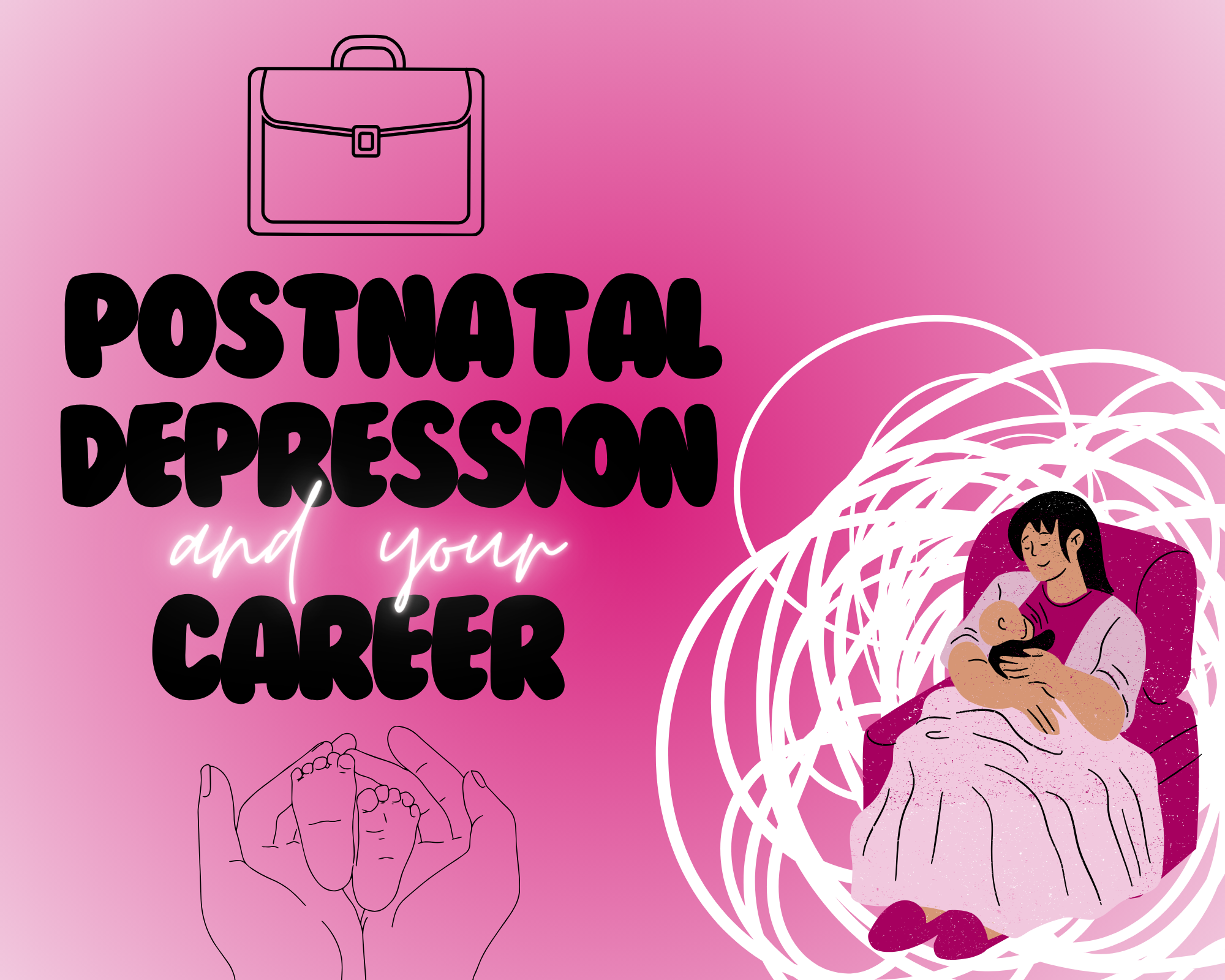If you’re looking to pursue nursing but have reservations about training for an underpaid role, these brilliant nurses from both ends of the experience spectrum will assure you that human connection trumps financial reward.
Maddie Wainwright, 21, a student nurse from Liverpool John Moores University began her nursing course in 2020
I knew I wanted to be a nurse when my grandma fell ill with pneumonia. I was 14, terrified by her rapid decline, but deeply impressed by the nurses’ care. Their respect and dignity in treating her left a lasting impact on me. Coupled with my obsession with BBC’s ‘Casualty,’ this experience set me on the path to nursing. Thankfully, my grandma recovered, and I began to pursue my nursing dream.
At 15, I completed work experience at Arrowe Park Hospital‘s surgical ward and ICU. Watching hospital programs had sparked my interest in the ICU, and my hands-on experience confirmed it.
When it came time to apply for university, my 6th form college guided me through the interview process. Soon, I had an offer from Liverpool John Moores. University open days, the UCAS website, and advice from my sister’s friends provided valuable insights into the course.
Placements are challenging. The hours are long, the environment chaotic and often understaffed. University bursaries are the only payment. Death is another difficult aspect. You build relationships with patients, only to find their room occupied by someone new the next day. It’s both bizarre and heartbreaking.
I’m often baffled by how underpaid nurses are. It seems those deciding wages have never spent a day working as a nurse. Despite this, the job’s intrinsic rewards outweigh the financial drawbacks. You’re there for people in their most vulnerable moments, supporting not only patients but also their worried relatives and fellow nurses.
No amount of money could deter me from nursing or diminish my enjoyment of the job. Helping others in their most vulnerable hour is invaluable and irreplaceable.

Pippa Millett, 57, a specialist nurse from Derby trained as a nurse 1985
My nursing journey has been filled with emotional highs and lows and many achievements of which I’m proud. I am now a specialist in wound care and a Queen’s Nurse, signifying excellence in community nursing.
I have never been bored by my job. I have helped many people, learned much about human nature, and witnessed individuals and their loved ones at their most vulnerable. I have shared special moments, like the birth of babies, and seen great pain at life’s end. Nursing requires stamina, patience, empathy, and kindness. It’s more than a job; it’s a calling.
When I started, you applied directly to the hospital. There were three intakes per year, each with around 40 students, for a three-year course to become a Registered General Nurse (RGN) for adults.
I loved my training, made many friends, and had a great time. I still meet regularly with my three best friends from those days, and we are all still in nursing after 39 years.
Today’s biggest challenge is dealing with constant changes in the NHS, adapting to new ways of working, and continuously learning. While this can be stressful, it helps your skills and practice grow, ultimately benefiting patients.
My advice to any young adult considering nursing is to do it. There are many opportunities for a rich, rewarding career where you can make a difference every day. But don’t expect it to be easy or highly paid. It is challenging and stressful at times. However, nursing has made me a wise and kind person, and even after almost 40 years, I feel passionate and proud to be a nurse.




